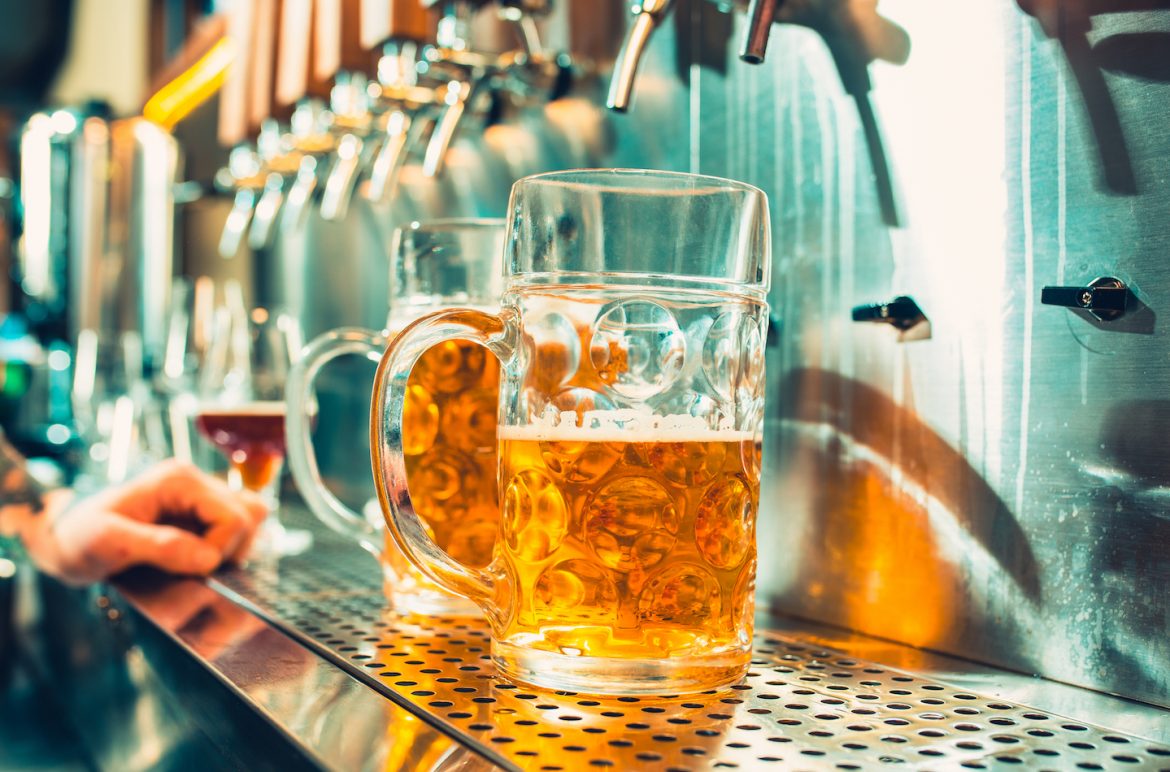Atsushi Katsuki, Asahi’s chief executive has sounded a note of warning that climate change could lead to beer shortages as warmer temperatures hit barley and hops supplies around the world.
Katsuki, who is said to have headed the Japanese brewer since 2021, said that analysis conducted by the company found that global warming was set to reduce barley yields and the quality of hops significantly over the next three decades, and warned of a beer shortage.
Latest data shows that while France’s spring barley harvest could decrease 18 per cent by 2050 under the UN’s 4 degree scenario, the most severe, Poland’s harvest would shrink 15 per cent. The quality of hops, a key component for the preservation as well as the flavour of beer, would decline 25 per cent in the Czech Republic, one of the world’s largest hop producers.
Under a scenario of below 2 degrees, the French harvest is forecast by Asahi to decline 10 per cent, that in Poland by 9 per cent and the quality of hops in the Czech Republic by 13 per cent. The world is headed for a temperature rise of up to 2.6C, the first comprehensive UN stock take of global efforts to limit warming recently concluded.
Read also: Scientists want Australia to wipe out climate footprint by 2035 instead of 2050
“Although with hotter weather the consumption of beer may grow and become an opportunity for us, climate change will have a serious impact,” Katsuki was quoted as saying. “There is a risk that we may not be able to produce enough beer.”
Volatile weather is said to have already interfered with barley yields in recent years, leading to European malt and malting barley prices hitting record levels in 2022, putting pressure on brewers. Although prices have moderated, the cost of 2023’s crop this summer was about €100 above earlier averages.
For Katsuki, Climate change has had a bigger impact on the price of barley than even Russia’s invasion of Ukraine.
“That is why we’re not just taking our own actions but we also need to push harder, working with other members of the industry and the society at large . . . we have to all work together to mitigate the climate change risks,” he added.
Asahi, which counts Asahi Super Dry, Peroni Nastro Azzurro and Pilsner Urquell among its stable of beers, has partnered with Microsoft and an agritech company to start tracking harvest volume and quality on farms. In January the brewer will also launch a new global procurement centre in Singapore, which will centralise sourcing of key ingredients to better manage possible supply chain disruptions.
According to reports, other international brewers have been investing in regenerative agricultural practices in an attempt to make their barley supplies more resilient to climate shocks. Anheuser-Busch InBev has invested in drought-resistant barley varieties in Africa, while Carlsberg aims to use fully regenerative agricultural practices by 2040.
Story was adapted from Financial Times.
